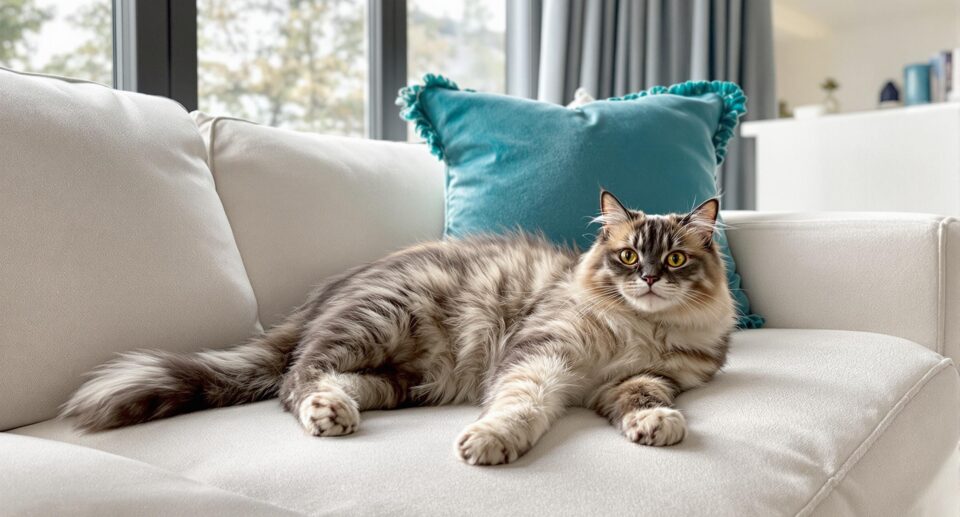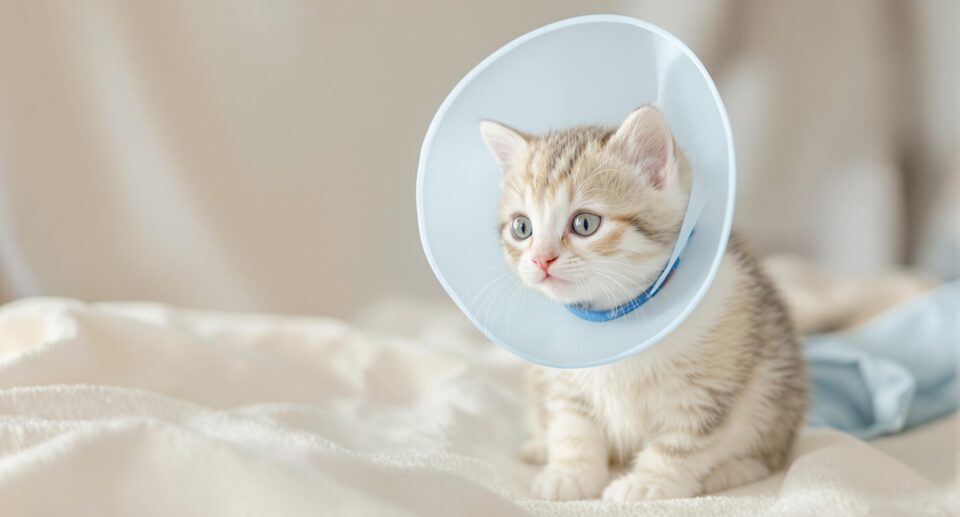When Do Puppies Get Their Second Shots? Your Guide to Puppy Health

Key takeaways
- Puppies receive their second round of vaccinations at 9 to 11 weeks, which boosts protection against common diseases and builds on the initial shots given at 6 to 8 weeks.
- Mild post vaccination reactions are normal. Symptoms like sleepiness and tenderness at the injection site usually resolve within 48 hours, but severe reactions require immediate veterinary attention.
- A well planned booster schedule is crucial to your puppy’s health, preventing costly treatments for preventable diseases and supporting lifelong well being.
Nothing melts your heart quite like those puppy eyes and wiggly tails. The early days with a new puppy are filled with cuddles, playtime, and unforgettable firsts. But while you are enjoying these moments, it is important to stay focused on your puppy’s health.
Around 9 to 11 weeks old, your pup will be ready for their second set of shots, which helps protect them from serious diseases. The DA2PP vaccine given at this stage protects against distemper, parvovirus, and more.
These illnesses can spread easily and be life threatening without proper vaccination. Staying on top of your puppy’s vaccine schedule gives them the protection they need to explore the world safely. Your veterinarian will create a vaccination schedule with you.
Decoding the Puppy Vaccination Timeline
Puppies typically receive their second set of vaccinations just as their early immunity from their mother begins to fade.
At this visit, your vet will likely give a combination vaccine that protects against distemper, hepatitis, and parvovirus. These illnesses are especially dangerous for young dogs, which is why maintaining the recommended schedule is so important. Just like practicing commands strengthens your puppy’s learning, these follow up vaccines build a stronger immune response.
Depending on your region and your puppy’s lifestyle, your vet may suggest additional vaccines. This visit is also a great opportunity to ask about overall wellness, including flea and tick prevention or dental care.
Most puppies recover quickly after their shots, though some may be a little tired or sore. If anything seems unusual, contact your veterinarian right away.
What to Expect After Your Puppy Gets Their Shots
Knowing what is normal after vaccinations will help you care for your pup with confidence.
Your puppy may nap more than usual, skip a meal, or seem quieter than normal. These signs simply mean their body is responding to the vaccine. Mild tenderness near the injection site is also common.
To support their comfort, give your puppy a calm place to rest with familiar blankets and toys. Avoid loud or stimulating environments while they recover. Keep water nearby, and if they feel warm, check their temperature. A normal temperature is between 101 and 102.5 degrees.
Call your vet immediately if you notice:
- Swelling on the face, hives, or significant itching shortly after the shot
- Vomiting or diarrhea lasting more than 6 hours
- Trouble breathing or extreme lethargy
- Any symptoms lasting more than 48 hours
These reactions are rare, but prompt action is best. Tracking your puppy’s response to each shot can help your vet make informed decisions later.
Tailoring Post Vaccination Care for Your Puppy’s Comfort
After their shots, your puppy may want some extra comfort. A little patience and affection go a long way.
Immediate Care (First 24 Hours)
- Provide a quiet, cozy resting space.
- Monitor for tiredness or soreness at the injection site.
- Use a warm compress (100 to 103 degrees) for 5 to 10 minutes if needed.
Ongoing Care (24 to 48 Hours)
- Offer smaller meals if their appetite is low.
- Take short, calm walks and skip high energy play.
- Offer gentle reassurance and stay nearby.
If you have any concerns or questions about your puppy’s recovery, reach out to your veterinarian.
Ensuring Health Security with Boosters and Follow Up
Vaccinations do not end with the second round. Each booster helps strengthen your puppy’s long term immunity. Staying consistent with the full vaccination schedule provides important protection against conditions like parvovirus and distemper, which can be dangerous and expensive to treat.
Regular vet checkups also help monitor your puppy’s growth, weight, and overall development.
With consistent care, a trusted veterinarian, and reliable resources, your puppy has a bright and healthy future ahead. For continued guidance on your puppy’s wellbeing, visit PetHealthMD, and explore categories such as PetMeds Health and Wellness, PetMeds Flea and Tick, andPetMeds Vitamins and Supplements to support their health every step of the way.
Every vaccine strengthens your puppy’s defenses, offering more protection, more peace of mind, and a future filled with tail wags.





